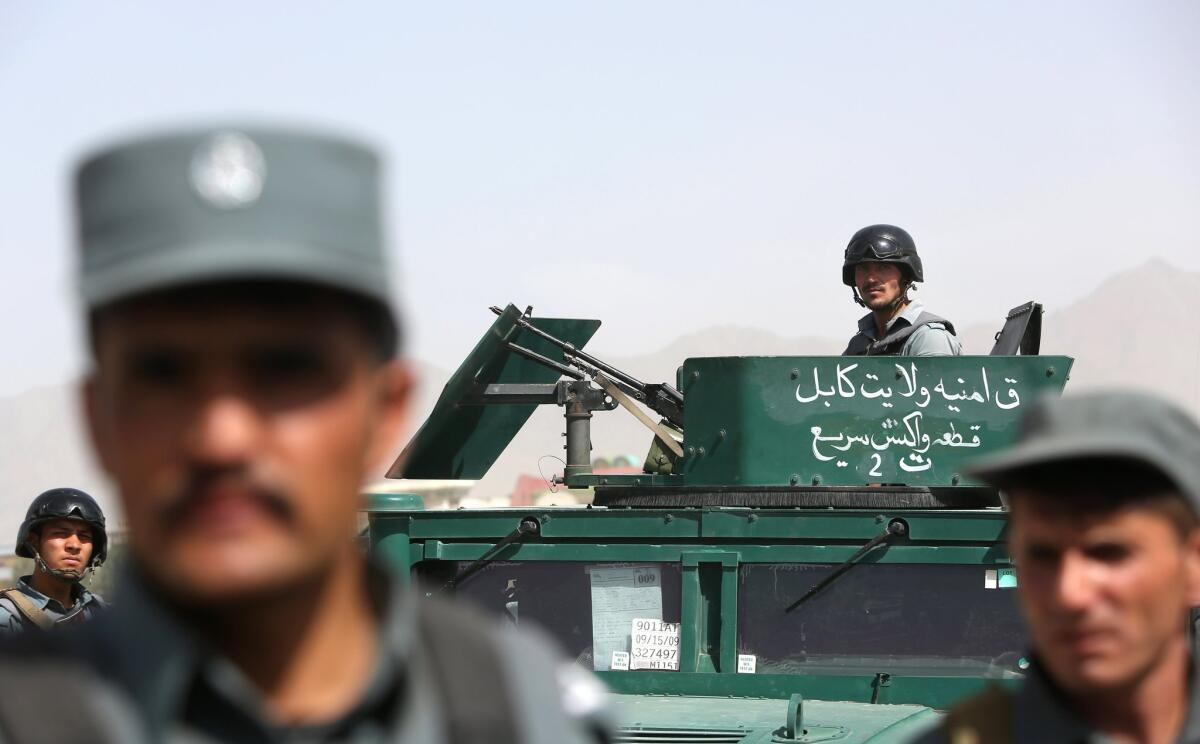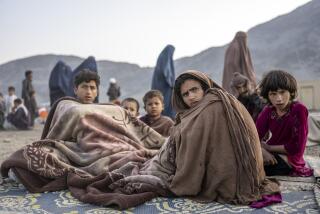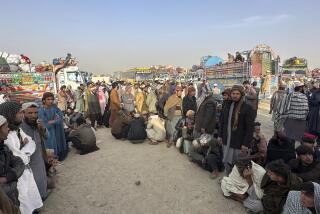Afghan, Taliban officials end peace talks, agree to meet again

Afghan security forces inspect the site of a suicide attack in Kabul, Afghanistan, on July 7. Pakistan’s Foreign Ministry says peace talks between Afghan officials and Taliban representatives have ended for now.
Less than 24 hours after they were announced, direct talks between the Afghan government and the Taliban concluded Wednesday with both parties agreeing to meet again after the holy month of Ramadan, according to officials in the host nation, Pakistan.
“The participants agreed to continue talks to create an environment conducive for [the] peace and reconciliation process,” read a statement from the Pakistani Foreign Ministry. “The next meeting will be held at a mutually convenient date after Ramadan,” which ends next week.
The meeting in Murree, on the outskirts of the Pakistani capital of Islamabad, was billed as the first in which Afghan officials and Taliban insurgent leaders sat across from one another and raised hope of a diplomatic resolution to more than a decade of conflict.
But the meeting Tuesday appeared to end almost as quickly as it was announced.
Representatives from the United States and China also attended the talks as observers, Afghan and Pakistani officials said. The Taliban are reportedly seeking an easing of terrorism-related sanctions imposed by the United States as part of an eventual settlement with the Afghan government.
Soon after Afghan President Ashraf Ghani’s office disclosed the meeting Tuesday, some Taliban members denied that they supported talks with the government, which they have long described as a Western puppet.
The comments underscored divisions within the insurgent organization that raise questions about whether a truce, if reached, will end the violence that killed or injured more than 10,000 Afghan civilians in 2014, according to United Nations figures.
The Islamic Emirate of Afghanistan, as the Taliban calls itself, issued a statement Wednesday saying that its political office “has the authority to start or stop negotiations whenever and wherever necessary.”
But Taliban representatives at the meeting said they had the mandate of the insurgent group’s Pakistan-based leadership. The group’s delegation was headed by Mullah Abbas, a close aide of Mullah Mohammed Omar, the Taliban’s reclusive leader.
The Afghan delegation was led by Hekmat Khalil Karzai, the deputy foreign minister. Haji Din Mohammad, an advisor to Ghani, and Mohammad Natiqi, a member of the government’s High Peace Council, long tasked with outreach to the Taliban, also attended.
The Pakistani Foreign Ministry said both sides “agreed to approach the process with sincerity and to make efforts to bring lasting peace not just in Afghanistan but also in the region.” The next meeting was expected to be held in the coming weeks, possibly in Qatar, where the Taliban opened a diplomatic mission in 2013.
Sahi is a special correspondent. Staff writer Bengali reported from Mumbai, India.
Follow @SBengali on Twitter for news out of Afghanistan and Pakistan
More to Read
Start your day right
Sign up for Essential California for news, features and recommendations from the L.A. Times and beyond in your inbox six days a week.
You may occasionally receive promotional content from the Los Angeles Times.







